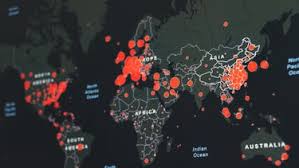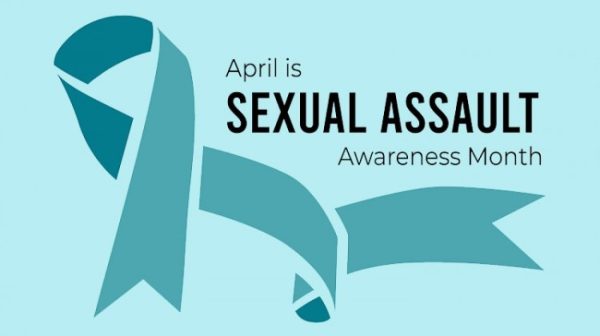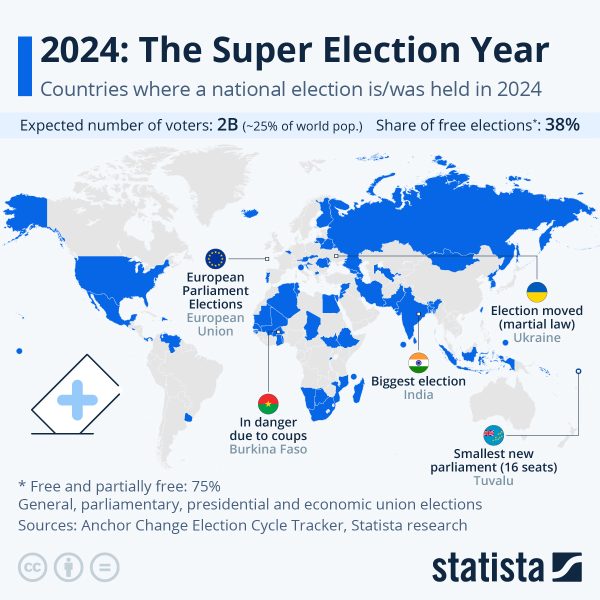The Coronavirus pandemic has certainly taken its toll on 2020 with mounting deaths, economic crisis, and emotional whiplash from the brunt of its necessary precautions taking a long-term hold on the lives of many. And, while there has been notable recent news on different vaccines proven to be effective in preventing the spread of COVID-19, how can someone be sure that a pandemic is truly over?
Let’s look at the facts of this-a pandemic is classified as an epidemic spanning the world over. By this definition, a pandemic such as Coronavirus cannot be considered as medically “over” until most if not all of the world is clear of the overwhelming number of cases currently present. It’s clear that viruses like COVID-19 are not going to completely eradicate themselves by some miracle by the time 2020 comes to a close. And while some pandemics have been able to stop through lower infection and death rates, this is only possible through those infected either dying or developing immunity. This sort of herd immunity close to a pandemic is only feasible if one is willing to put a tremendous strain on the healthcare systems in place and in the process placing a large portion of the po pulation into the hands of fate. This is not a feasible solution for the stop to the Coronavirus pandemic, so we have to look at other ways for the current pandemic to come to a close. Another means for a pandemic to end would be a vaccine. This would provide the necessary protection against the virus for normal activities to resume. However, there hasn’t been a vaccine approved by the CDC for effective prevention against COVID-19. Potential vaccines would need to go through all of the phases and trials necessary to be deemed safe and effective, and from there they would then need to be mass produced and distributed. This distribution would most likely first go out to the higher risk populations and essential workers (especially those in the healthcare fields). Once those prioritized groups are vaccinated, the vaccines would then be distributed to the general public.
pulation into the hands of fate. This is not a feasible solution for the stop to the Coronavirus pandemic, so we have to look at other ways for the current pandemic to come to a close. Another means for a pandemic to end would be a vaccine. This would provide the necessary protection against the virus for normal activities to resume. However, there hasn’t been a vaccine approved by the CDC for effective prevention against COVID-19. Potential vaccines would need to go through all of the phases and trials necessary to be deemed safe and effective, and from there they would then need to be mass produced and distributed. This distribution would most likely first go out to the higher risk populations and essential workers (especially those in the healthcare fields). Once those prioritized groups are vaccinated, the vaccines would then be distributed to the general public.
So, even if though there is news of vaccines holding promise against the Coronavirus, this isn’t news that the pandemic is over. Even with the distribution of vaccines, the Coronavirus has still taken a deadly toll on many countries throughout the world. Many may argue that normal life will never be the same again, carried on with the collective experiences derived from living through a pandemic. Such an event itself cannot be reasonably considered to have a definitive end, as the gravity of the time spent working and grieving for losses does not have such a luxury of being eradicated with the presentation of a vaccine.

 pulation into the hands of fate. This is not a feasible solution for the stop to the Coronavirus pandemic, so we have to look at other ways for the current pandemic to come to a close. Another means for a pandemic to end would be a vaccine. This would provide the necessary protection against the virus for normal activities to resume. However, there hasn’t been a vaccine approved by the CDC for effective prevention against COVID-19. Potential vaccines would need to go through all of the phases and trials necessary to be deemed safe and effective, and from there they would then need to be mass produced and distributed. This distribution would most likely first go out to the higher risk populations and essential workers (especially those in the healthcare fields). Once those prioritized groups are vaccinated, the vaccines would then be distributed to the general public.
pulation into the hands of fate. This is not a feasible solution for the stop to the Coronavirus pandemic, so we have to look at other ways for the current pandemic to come to a close. Another means for a pandemic to end would be a vaccine. This would provide the necessary protection against the virus for normal activities to resume. However, there hasn’t been a vaccine approved by the CDC for effective prevention against COVID-19. Potential vaccines would need to go through all of the phases and trials necessary to be deemed safe and effective, and from there they would then need to be mass produced and distributed. This distribution would most likely first go out to the higher risk populations and essential workers (especially those in the healthcare fields). Once those prioritized groups are vaccinated, the vaccines would then be distributed to the general public.







